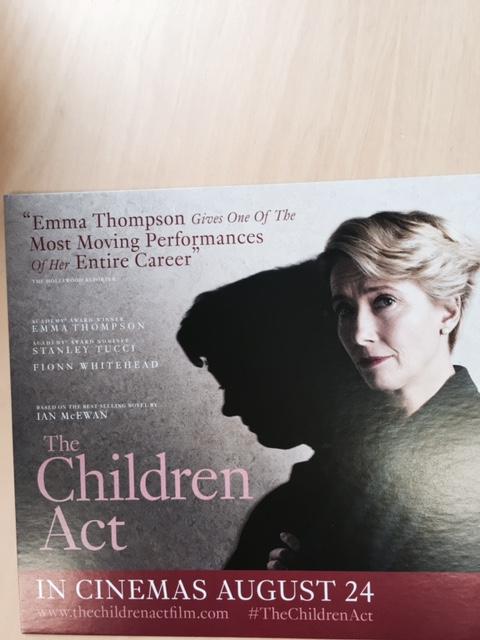


This issue of inadequacy is addressed by Winnifred Sullivan in The Impossibility of Religious Freedom (2007). In fact, secular civic services are also likely to be affectively inadequate for those pursuing otherworldly goals. Since secularity, which etymologically means the world, prioritizes fulfilment achieved in this world, secularist ideology cannot always accommodate the religious propensities of some people. Key to this problem is not merely the question of legal rights but also the affective aspect of the conflict between the realms of religiosity and secularity.

To those whose lives revolve around religious spirituality, these scenarios can give rise to a feeling that their beliefs and their modes of existence are under threat. For instance, creationism should be removed from the school curriculum and people who have no religious affiliation should be allowed to assume important roles in government. Many secularists believe that religious teachings should remain completely separate from civic institutions, such as courts, schools or governments. These discourses, which stress the marginalization of religions and the feeling of disenfranchisement felt by religious adherents, result from the rise of secularism in contemporary society where people have started to embrace a non-religious life as opposed to one guided by religious teachings and the desire for an existence which transcends corporeal reality.

Believers are constantly facing ridicule and persecution while society spirals into moral decline. The realm of law can offer both sympathy and compassion to people who are subject to it. By juxtaposing the implementation of law and religious practices, the novel’s dramatization of the collision between these two forces shows that emotion and feeling are never absent from the allegedly unsympathetic secular civic institution. My argument is that the novel’s exploration of the interplay between law and feelings demonstrates McEwan’s attempt to defy the dichotomous quality commonly attributed to law. This paper examines Ian McEwan’s The Children Act as a work of fiction that explores the contemporary issue of secularism.


 0 kommentar(er)
0 kommentar(er)
